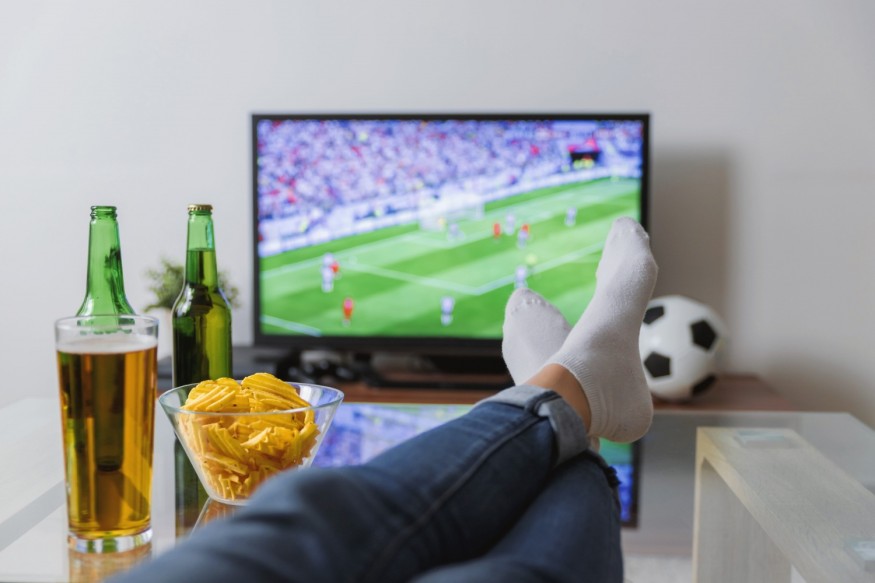Weekends Gone: Managing the Time We Have During the COVID-19 Pandemic

Spending time enjoying one's leisure is essential, especially during stressful times. However, the continuous spread of the coronavirus has prevented most of us from going out and doing as we please.
Weekends are Gone
It is a matter of truth that people with non-essential occupations have had time to inquire in recent weeks while the spread of coronavirus has closed down schools, workplaces, and all kinds of public areas.
Restricted to our households and deprived of our everyday activities, many have realized in self-isolation how time is now a mysterious and undefinable phenomenon that even a calendar can not describe.
Usually, external factors determine the routine for everyone, such as timetables, train schedules, corporate events, and meetings. Otherwise, people around the globe had to create innovative ways to differentiate downtime and regular time.
In Paris, Emily Seftel works in administration for a multinational agency. In contrast, her partner works in technology, and yet they both handle work at home with care and teaching for their 6-year-old son.
They have the policy to guarantee they are looking forward more to their weekends, as each parent gets three hours on his or her own each weekend, regardless of the area in their apartment.
Man-Made Cycle
Why are weekends so important? As reporter Katrina Onstad points out in her book The Weekend Effect: The Life-Changing Benefits of Taking Time Off and Challenging the Cult of Overwork, the seven-day week is not the 24-hour regular rotation on Earth or its trip around the sun over a year.
Nevertheless, the two-day weekend was partially a result of yet another economic recession, notes Onstad. Many businesses that have not yet embraced the 40-hour workweek have reduced workplace schedules by five days a week since the Great Depression of the 1930s so that fewer working hours can be dispersed over other workers.
"Even before the coronavirus pandemic, the regular functioning week was changing," affirms Faculty of Portsmouth history professor Brad Beaven, citing the increase in remote working, self-employment, and gig economy jobs. "Strangely adequate, self-isolation has ... enabled the worker to figure out their cycle of theirs of productivity, the breaks of theirs, and their work routine."
Check these out!
- Is There a Natural Way to Get Immunity from COVID-19?
- Latino Is Not a Race: Stereotypes That Should Go Away
- Hilarious Spanish Phrases that will Surely Tickle Your Funny Bone
'Give Back the Normalcy'
In our present condition, we all remain at home, can't hang with friends, relatives, or coworkers, as well as balance jobs, family, and hometown schools in the wake of a pandemic. We can't manage a lot right now. However, having a daily routine and a sense of time helps us to concentrate on what we can control.
Nir Eyal, a proactive advisor and writer of Indistractable: How to Control Your Attention and Choose Your Life suggests that the quality of your routine is not that vital. The problem today may be a means of adjusting things and developing a timetable that matches the habits rather than an employer.
Eyal referred to a study from 2006 which found that workers with little influence over their work environment, limited social support, and unreasonable expectations on the psychological side at the workplace have far more chances of developing mental health issues, such as anxiety and depression.
Subscribe to Latin Post!
Sign up for our free newsletter for the Latest coverage!
© 2026 Latin Post. All rights reserved. Do not reproduce without permission.













